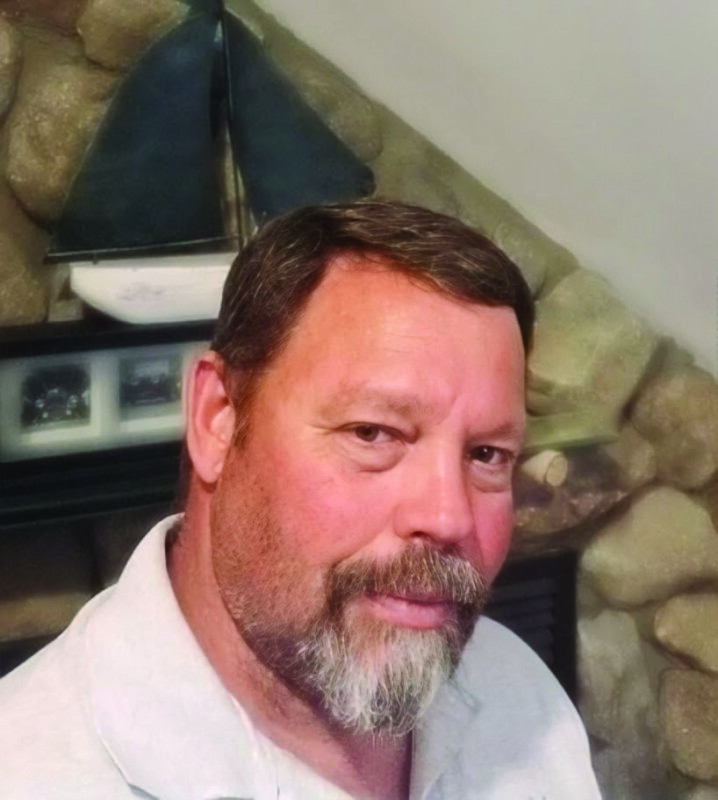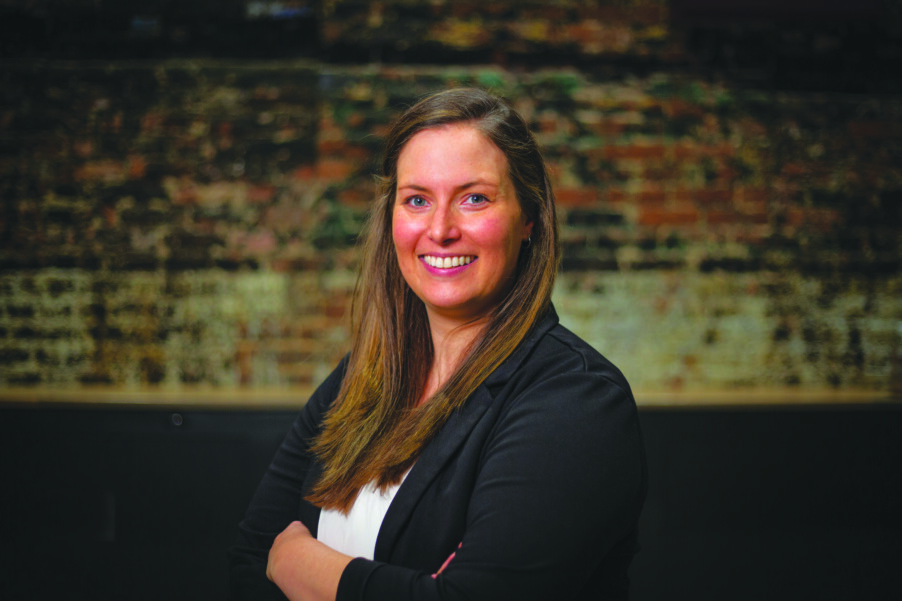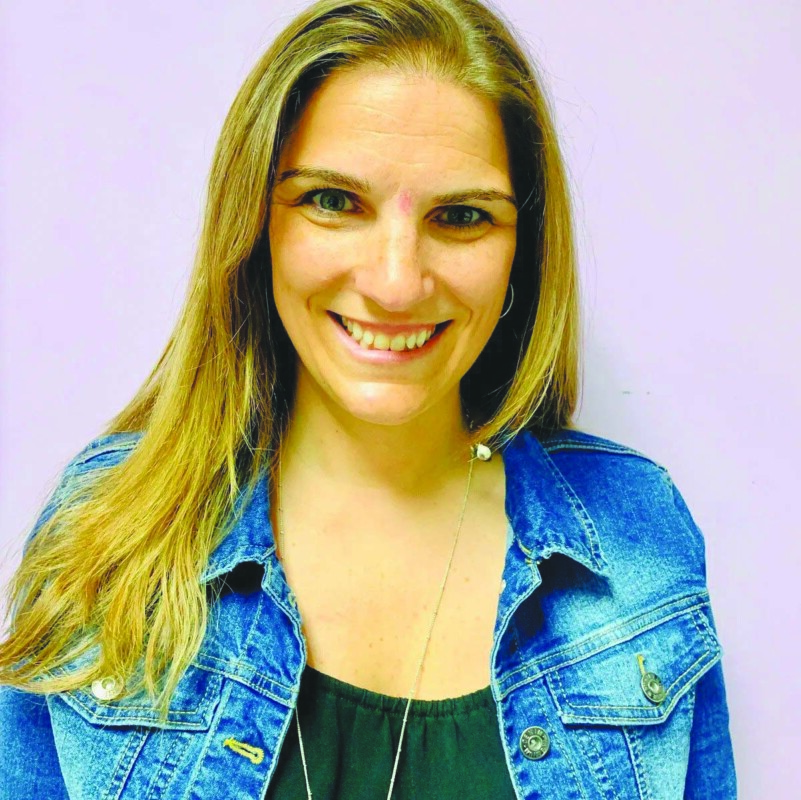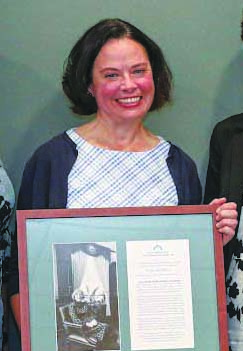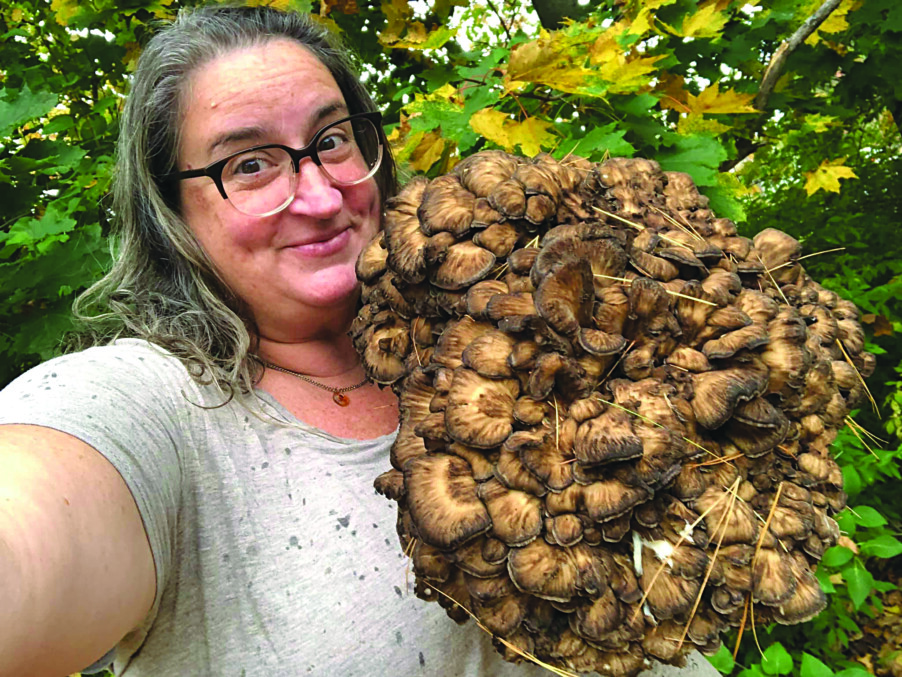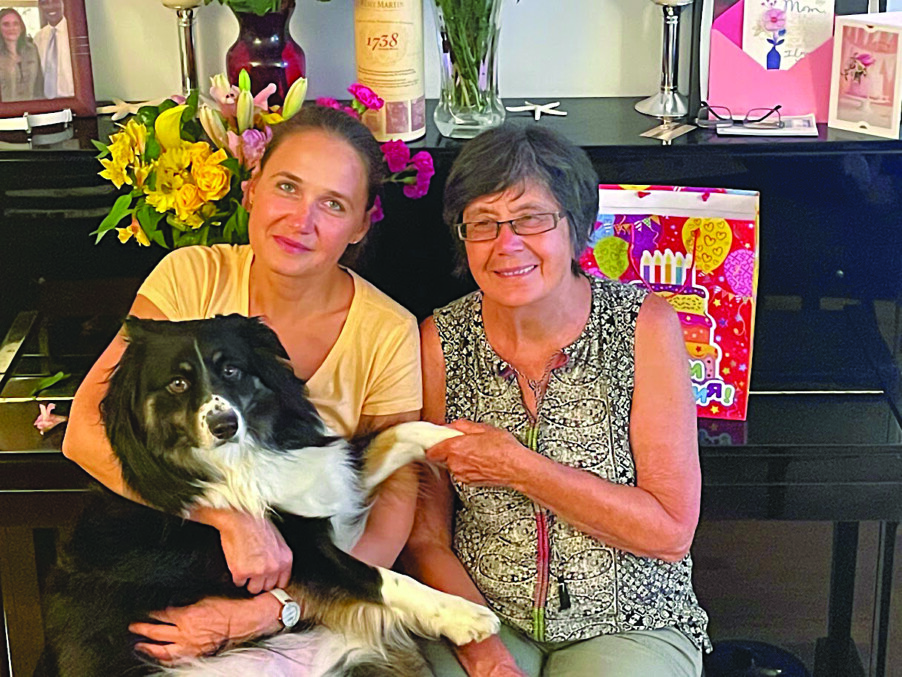Tree stump removal specialist
Timothy Willey is the owner and operator of Ground Zero Stumps, a tree stump grinding service for commercial and residential properties based in Weare.
Explain your job and what it entails.
I own and operate a stump grinding service for commercial and residential property owners. My business is focused on the tree stump removal process by grinding them in place. I utilize less intrusive grinding equipment that’s smaller. This is a better option in tight spaces or around already finished buildings and landscapes.
How long have you had this job?
I’m a new business venture, started in 2021.
What led you to this career field and your current job?
I served in the U.S. Coast Guard at Station Boston Harbor shortly after high school. I was assigned at the time to the SAR team — “Search And Rescue,” they called it back then. I was the boat engineer trained as a diesel mechanic. That led me [to] an early career path working on heavy equipment. As opportunities became available, I started working as an equipment operator for road construction and house lot clearing and digging for foundations. It then branched into all aspects of home construction. … I settled into a lineman’s position, working with a 40-foot bucket truck for many years. I had that feeling back, using the hydraulic hand controls, inching my way into position on the lines just as if I was operating other equipment. After accepting an early retirement package at the beginning of the pandemic, I knew working for myself again was at the top of my list of options, [and that] I still wanted to be working outside [because] that’s what gives me enjoyment.
What kind of education or training did you need?
You learn as you go and develop a feel for how the equipment responds … [and a] sense of hand-eye coordination with years of practice. The [best] training is any safety training that’s pertinent to the industry you’re in. Accidents can happen quickly if you aren’t observant and cautious. Things that would help are skills in landscaping and equipment repair and knowledge of underground utilities and home construction practices.
What is your typical at-work uniform or attire?
[A] safety helmet, safety glasses, face shield and ear protection, hand protection, steel-toe boots, jean-style long pants, company shirt and a sweatshirt or jacket.
How has your job changed over the course of the pandemic?
I started my business mid-pandemic. With all the recommendations on being safe, I just had to be as cautious as possible for myself and the clients I’d meet. If it meant wearing a mask if proximity was an issue, then I did. Being outside, it usually wasn’t a problem keeping a safe distance from others.
What do you wish you’d known at the beginning of your career?
Networking plays a bigger role than I expected. Although I do well, it’s a constant focus. Take every engagement as an opportunity to make a meaningful contact.
What do you wish other people knew about your job?
Talking about your overall landscape plan will help the operator get the right results you’re expecting.
What was the first job you ever had?
I worked at the Hillsborough County Nursing Home as an attendant. I’d help escort residents to do crafts or to go for a walk outside.
What’s the best piece of work-related advice you’ve ever received?
Show up and do what you say you’ll do. Trust is hard enough to earn — even harder if you don’t show up.
Five favorites
Favorite book: Does Hot Rod magazine count?
Favorite movie: Braveheart
Favorite music: Classic rock
Favorite food: New England lobster
Favorite thing about NH: New Hampshire is just part of me. It’s where I was born and raised. It’s home.
Featured photo: Timothy Willey. Courtesy photo.

